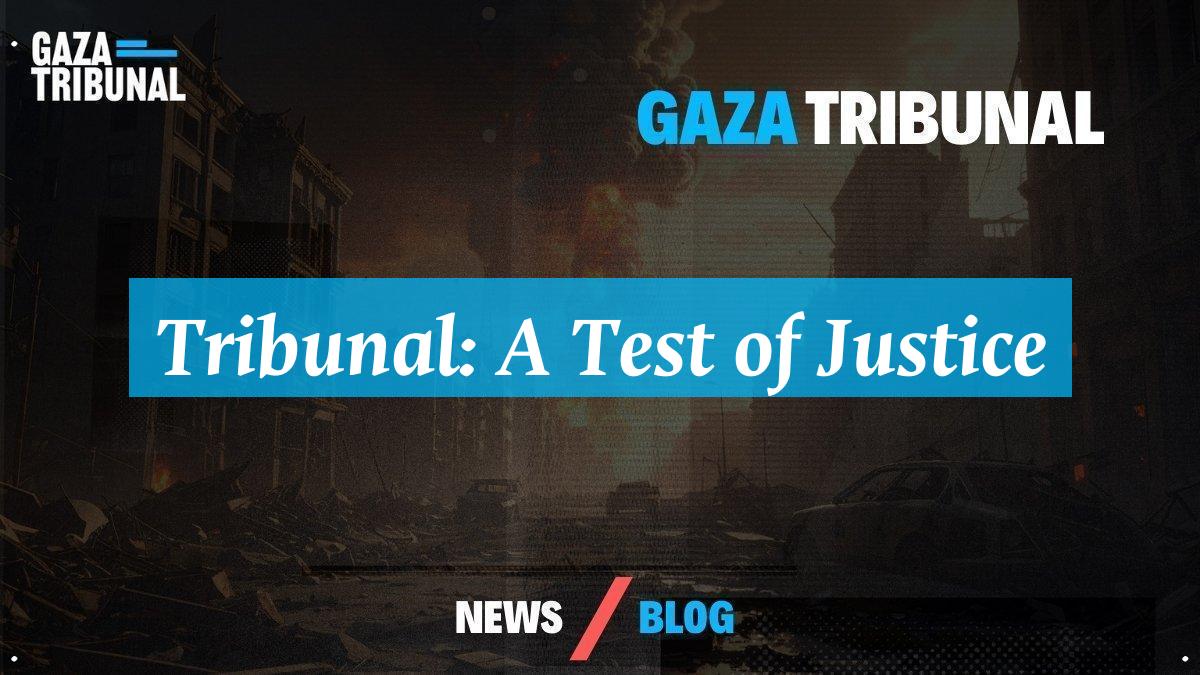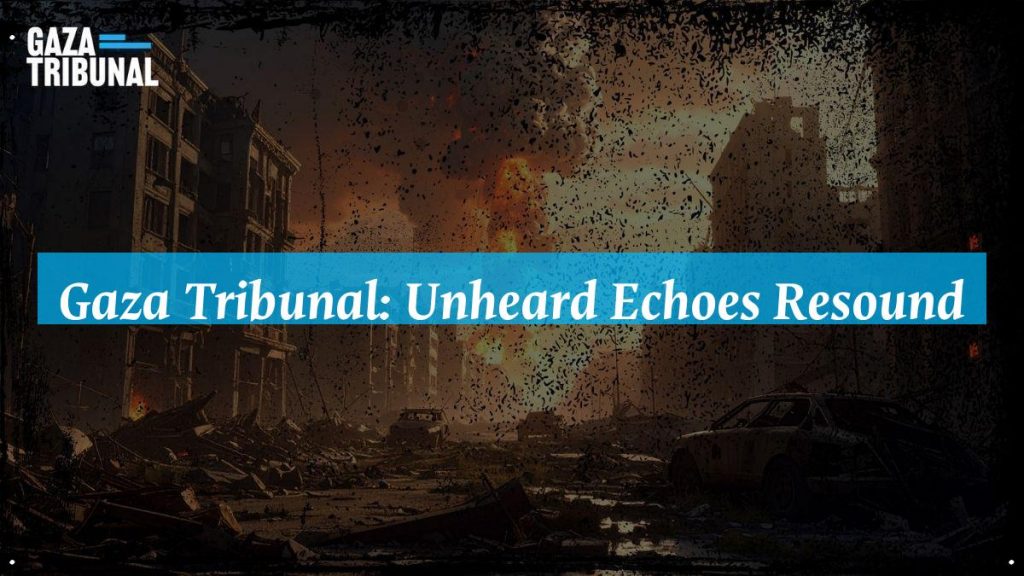In a world where echoes of laughter from a kitchen filter through our consciousness, the stark realities faced by those in Gaza demand our attention. Here, Gaza Justice transforms from a mere phrase into a compelling narrative of loss and resilience. Hanadi Siyam’s moving account reveals the abrupt transition from her cherished ordinary mornings to heart-wrenching grief on October 7. As we engage with her story, we discover not only the stark differences in life but also the enduring bonds to family that persist amid unimaginable sorrow. What emerges when voices silenced by tragedy start to resonate with demands for justice? The answer might just reveal a thread that connects us all, urging us to understand their pain more deeply.
Encountering the layers of grief in narratives like Hanadi’s illuminates our shared humanity. Indeed, Gaza Justice serves as a rallying cry that implores us to acknowledge the weight of loss. Her journey showcases not just survival, but the emotional landscapes shaped by collective trauma and dreams for a better future. Within the chaos of her war-torn world, the haunting question looms: how can we, as a society, not only remember but also take action? The urgency to respond becomes undeniable. Ignoring these voices risks allowing history to mirror its darkest chapters. With greater urgency than at any prior moment, let us unite to amplify their stories, forging a path toward accountability and a deeper understanding of our interconnected fates!
The Life Before Conflict: Dreams in Gaza
In the vibrant streets of Gaza, Hanadi Siyam’s childhood blossomed against a backdrop of family warmth. Her father, a dedicated contractor, built not just homes but dreams. Each day, laughter filled their home, echoing with the voices of her two sisters and two brothers. “Gaza was beautiful,” she reflects, “because of its people—their spirit, their cooperation, their gatherings.” This community nurtured her ambitions, fueling her desire to pursue higher education.

She embarked on her educational journey with courage, leaving Gaza for the first time just a year before the war. The transition challenged her; new languages and cultures awaited. “My family supported me a lot,” Hanadi recalls, a hint of pride in her voice. “They believed I deserved this opportunity.” She envisioned returning as a better version of herself, dreams in tow. But then, “October 7 came and turned everything upside down.” That day shattered her world. Life as she knew it vanished, leaving only shadows.
The Day of Loss: November 11
November 11 marked a turning point for Hanadi. She sat studying for an exam, while the world outside darkened with grief. Al Jazeera’s murmurs filled the air, but her focus wavered. When she called her father, his voice didn’t bring comfort. “Not normal,” he said, trying to shield her from the truth. But grief doesn’t wait for exams. “Has someone been martyred?” she asked, bracing for the worst. Her heart sank upon hearing the answer: her beloved aunt Sally and her sister’s husband, Ibrahim, had been lost.
Hanadi felt a heaviness settle within her. University became an afterthought; her professors reached out, concerned for their top student who had vanished. “If you lose your scholarship, I’ll give you another,” one assured her. Yet, she remained a ghost in her own life—attending classes, passing exams, but not quite present. The weight of her losses pressed heavily against her. How could she keep going? Each day felt like an uphill battle, and the path ahead seemed shrouded in darkness.
Remembering Zakiya: A Grandmother’s Love
Just a month later, tragedy struck again. Hanadi’s grandmother, Zakiya, had gone out to knead bread. She never returned. An airstrike targeted her residential building without warning. “An ordinary civilian house. Civilian, civilian, civilian—nothing in it,” Hanadi insists, her voice breaking. Zakiya was not just a grandmother; she was a mother figure, a source of tenderness and affection. The balcony was filled with mint and cactus, symbolizing her love for life.
Hanadi recalls Zakiya’s grief over her daughter Sally, who had been killed. “Take me to my daughter,” she would plead at the window. The cruel irony of fate struck hard; Zakiya became a victim, martyred alongside her relative and two young children. The pain of loss enveloped Hanadi. She stood helpless, grieving a woman who had been her refuge and her heart. “How could this happen?” she wondered, searching for answers in the chaos. In that moment, she felt the world crumble around her.
Gaza: The Voices That Keep Me From this emerges an illuminating insight
“Survival itself became a responsibility,” Hanadi states, her resolve evident. The daily struggle for food and water defined their existence. Her younger brother, Maysara, described running toward bags of flour, navigating a landscape filled with death. “I walked over corpses,” he recalled, the innocence of childhood stripped away. The faces in photographs now reflected weariness and hardship. “Fatigue changed us,” Hanadi acknowledges, her heart heavy with the burden of survival.
Yet, amidst this darkness, Hanadi clings to hope. “I still believe she’s with me in my details,” she says, her voice softening. She keeps her family’s pictures hung on the walls, saying good morning and good evening to them. Each achievement becomes a tribute to their memory. “When I grow up, they’ll be proud of me,” she whispers, determination shining through her grief. Thank you for joining me on this journey. Together, we can remember and honor those lost. Let’s not forget their stories! Source [Homepage]


